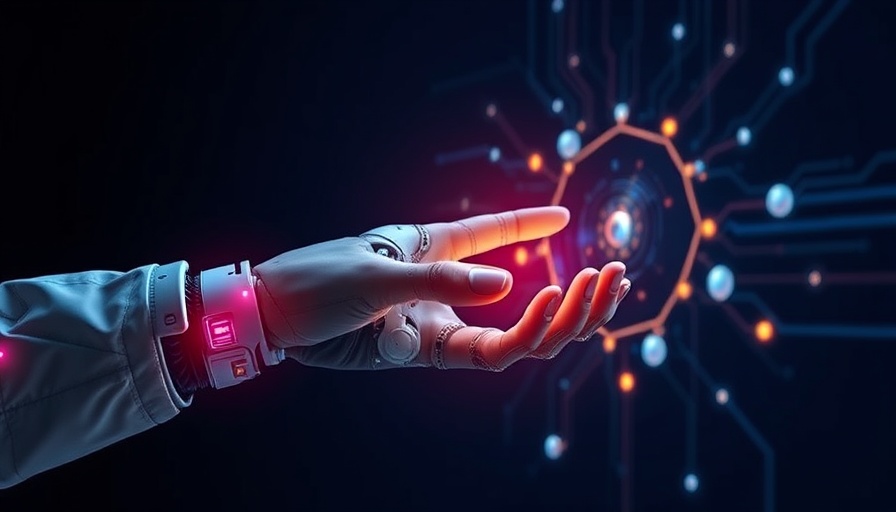
The AI Revolution in Healthcare
As artificial intelligence (AI) continues to evolve, healthcare systems like Advocate Health are at the forefront of implementing these innovations. As observed by Andy Crowder, Advocate’s chief digital officer, the integration of AI is producing significant results, especially in areas related to clinical functionalities and staff experiences.
Boosting Job Satisfaction and Improving Retention
One of the notable successes reaped by Advocate Health is the improvement in staff retention rates. With AI-driven tools automating repetitive tasks, healthcare professionals are experiencing heightened job satisfaction. Crowder highlights the dramatic reduction in the time nurses spend on documentation and administrative duties—previously, these tasks consumed four to five hours of their day. With AI tools like Microsoft DAX on hand, this time has been slashed to just an hour. This means that nurses can dedicate more of their time to what they truly enjoy—caring for patients.
A Decrease in Burnout
Clinician burnout has long been a lingering issue in the healthcare sector, exacerbated by administrative workloads. Crowder explains that AI solutions not only minimize cognitive stress but refresh the workplace environment. By automating data collection and document creation, AI supports clinicians in focusing on direct patient care.
Innovations that Enhance Patient Care
The integration of AI in healthcare serves a dual purpose: increasing operational efficiency and enhancing the quality of patient care. The prediction tools and ambient listening capabilities not only facilitate better clinical outcomes but also improve the overall healthcare experience for both providers and patients.
The Future of AI in Healthcare
Looking ahead, as Advocate Health continues to push forward with their AI initiatives, other healthcare systems may find inspiration from their successes. The time saved through automation can potentially be redirected toward improving patient interactions and fostering a positive workplace culture, which may ultimately lead to better health outcomes.
 Add Row
Add Row  Add
Add 




Write A Comment